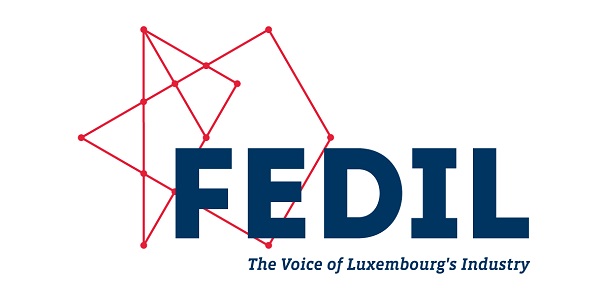
FEDIL – The Voice of Luxembourg's Industry has announced that a new, in-depth study recently published by BusinessEurope shows that a more competitive energy and climate transition is still possible but only if EU legislators take “swift action” during the next EU cycle.
BusinessEurope Director General Markus J Beyrer said: “High energy prices continue to seriously hamper the global competitiveness of European companies and industrial output. Securing energy at competitive prices will be central to preserving Europe’s industrial base. “
In their study, developed with the economic consultancy firm Compass Lexecon, the researchers indicated that even with a managed transition and more supportive EU energy policies, energy prices in Europe would be at least 50% higher than in the US, China and India by 2050. They warned that this disparity would place European companies at a serious competitive disadvantage compared to these key competitors. Therefore, they emphasised the need for urgent action at the EU level to bridge this gap to achieve climate neutrality by 2050 without causing deindustrialisation.
The researchers stressed the necessity of decisively addressing the carbon cost differential and the energy competitiveness gap. They also called for the massive deployment of all necessary energy sources and infrastructure. This approach would not only enhance the security of Europe’s energy systems but also help reduce the overall cost of the transition, Markus J Beyrer noted. For example, the study also found that developing renewables in the least costly locations and removing roadblocks to their development could reduce wholesale power prices by almost 40%.
Based on the study’s findings, BusinessEurope noted it developed concrete proposals across the following areas:
- massively increasing the deployment and integration of all renewable and low-carbon energy sources, and the necessary infrastructure;
- closing the investment gap;
- securing the hydrogen value chain;
- continuing to speed up and streamline permitting procedures;
- tackling the carbon cost differential and ensuring effective implementation of Carbon Border Adjustment Mechanism (CBAM);
- introducing measures to close the energy competitiveness gap; and,
- fostering industrial decarbonisation through effective demand-side measures.
The full study and BusinessEurope’s policy recommendations can be read at the following website: https://rebooteurope.eu/energy-climate-transition-how-to-strengthen-eu-competitiveness/.








